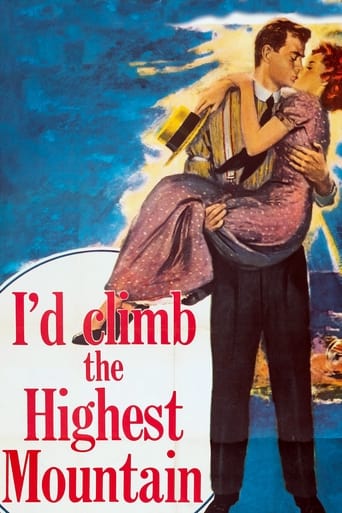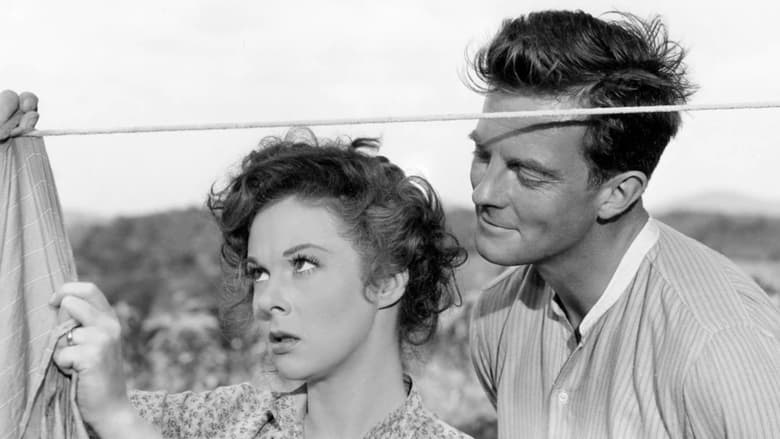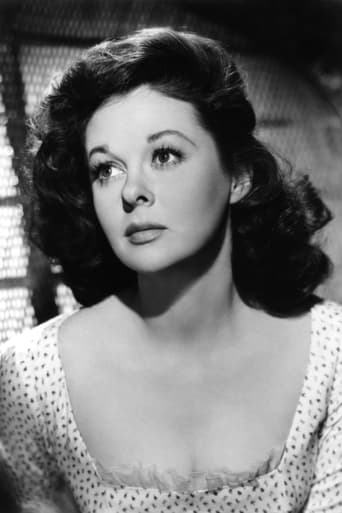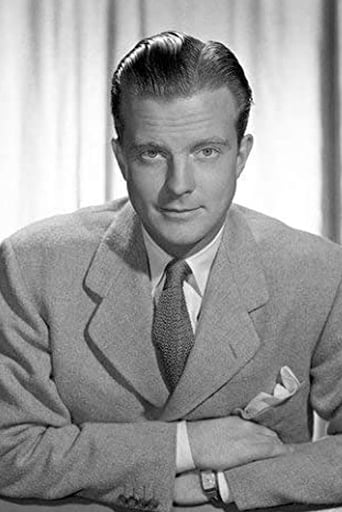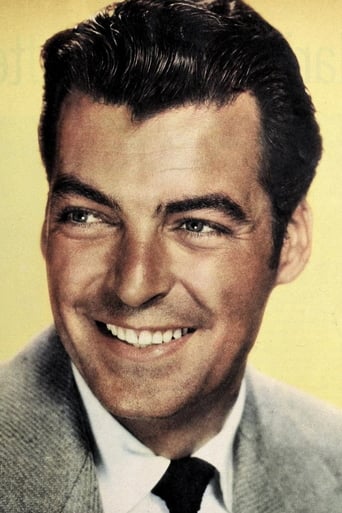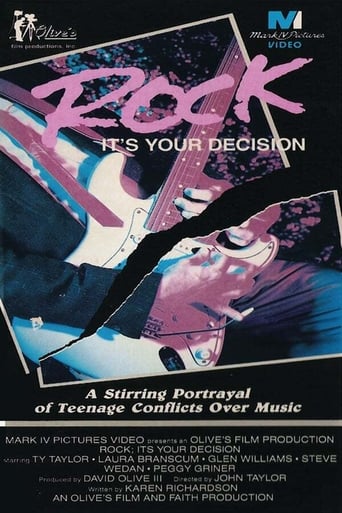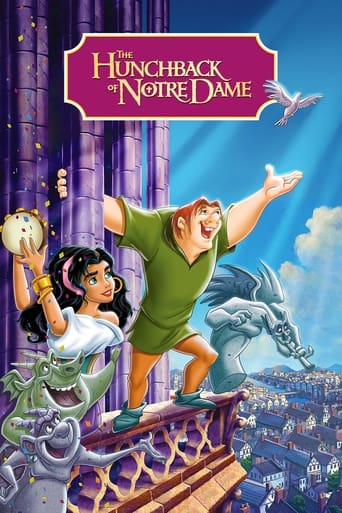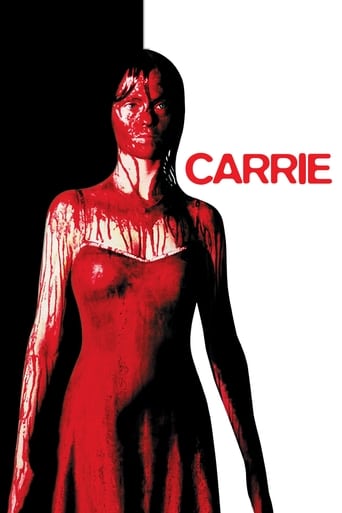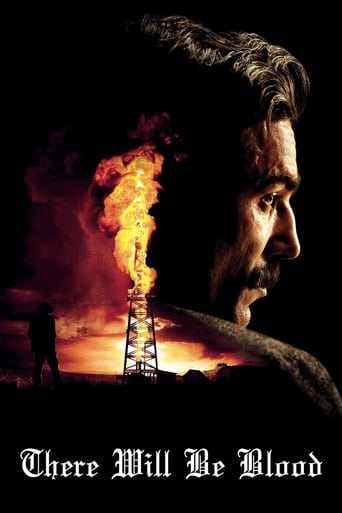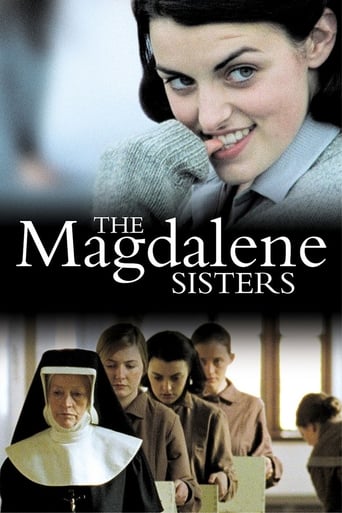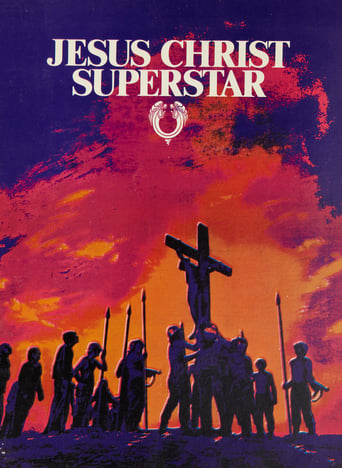I'd Climb the Highest Mountain (1951)
A minister from the Deep South is assigned a new parish and moves with his wife to a town in Georgia's Blue Ridge Mountains, where he tends to the spiritual and emotional needs of his small flock.
Watch Trailer
Free Trial Channels
Cast


Similar titles
Reviews
The acting is good, and the firecracker script has some excellent ideas.
This film is so real. It treats its characters with so much care and sensitivity.
Easily the biggest piece of Right wing non sense propaganda I ever saw.
The storyline feels a little thin and moth-eaten in parts but this sequel is plenty of fun.
I believe that everyone involved with the story itself, screenwriter, director, production as well as the actors' portrayal was very good. It showed an accurate glimpse back to a much simpler place and time in rural Southern customs and attitudes concerning the human plight, as well as the controversy that always surrounds religion even in a small community in the mountains of North Georgia.My family's roots were started there and many who have passed on lie underneath the red clay, where I too one day shall lay this body down. They don't have writers or actors today who could do this film. 20th Century Fox did well in backing this story. Don't know if it made them money at the box office, though it made a lasting impression of a precious moment in our past when life was lived at a much slower pace. A neighbor was a person you knew. Ahhh, to love thy neighbor as thyself.......what a radical idea !!!!!!! ENJOY !!!
In the early 1900s, a city girl (Susan Hayward) marries a country parson (William Lundigan) from North Georgia's hill country, coming to live with him and be the proud preacher's wife, but there are obstacles to overcome. After a spunky start, this adaptation of Corra Harris' book becomes mired in pointless, pious melodrama, coated heavily with religious uplift (which may or may not be ingenuous). The film scores points for not making the minister a stodgy sort--on the contrary, he's frisky and playful, like an overage kid, so much so that his new bride seems like a cold fish by comparison. Still, their early days together have a folksy flavor which is appealing, and a sermon the preacher gives about marriage is full of happy tears. But when a mysterious fever makes the rounds, a boy is drowned at a picnic, and the wife loses her baby and her faith in God, the film drains itself of good will. Hayward has a fun sequence scaring away a wealthy admirer of her husband, but otherwise this character doesn't allow the actress to be friendly or capricious at all; she's a dullard. Lundigan, looking like a relative of Pat Boone's, has the more colorful role (surprisingly) and his sensitivity to the townspeople is well-captured. The Technicolor photography is disappointing, as is the direction and the script--why do religious-themed movies always have to turn sanctimonious? ** from ****
I had seen this movie 30 years ago with my Grandad in rural middle Tennessee and have searched for it any times since. However, I could not remember the name of it. I found it yesterday on TBN and it was all I had remembered it to be. The story as well as the scenery was first class. Many of the homes were still like that in Middle Tn when I first seen the movie. Based on the scenery, the story, and what my relatives told me of rural life in the early 20th century this appears like a pretty accurate portrayal. While life was simpler it was not without tragedy.Well worth seeing.
The scenes where the reverend races his buggy and later trades horses are echoed in "Friendly Persuasion (1956)." In the latter film the winner and loser in the race are reversed from "I'd Climb the Highest Mountain," as are the reasons for trading horses.The minister is called a "circuit rider," a term which was used especially by Methodists to describe a pastor who was responsible for two, three or more rural churches at a time. The pastor would ride from church to church and hold services, often on the same day. The churches, called a "charge," also shared the cost of the parsonage. In this film the minister seems to be in charge of only one rural church, which may be a change from the original novel.

